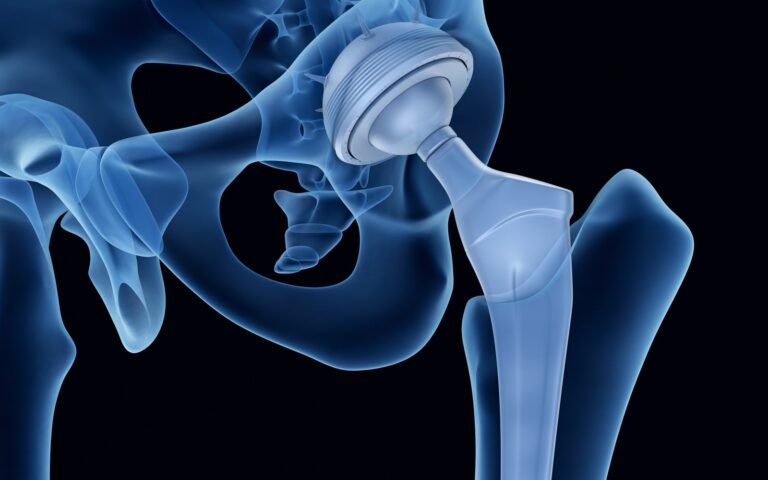What Are The Risks With Total Hip Surgery?

Having total hip replacement due to the presence of excruciating hip pain and discomfort can be both reassuring and frightening. Whether your hip’s been damaged from arthritis, an accident, or some other cause, it’s important to know how total hip replacement could help you find better relief, as more than 450,000 hip replacements are surgically performed each year in the United States alone. However, it’s also essential to understand the risks associated with this type of surgery. One particular risk to be aware of when faced with total hip replacement is the possibility of kidney injury.
How Do Total Hip Replacements Work?
Because our hips are the largest joints in our bodies, taking care of our hips requires a good diet and exercise that helps keep these joints healthy and active. However, sometimes genetic conditions such as osteoarthritis, childhood hip disease, and post-traumatic arthritis after an accident can cause excruciating amounts of hip pain that create problems with walking, running, stretching, and even sitting. As the cartilage and membranes surrounding the hip bones begin to degrade over time, the pelvic bones that rub against each other can ultimately cause irreversible damage to the bones and lead to chronic pain and disability.
For those who have tried non-surgical treatments that haven’t worked, total hip replacements have been known to help people recover their hip movement and function while relieving pain. Also called hip replacement surgery or total hip arthroplasty, the damaged bones and cartilage causing the pain are removed and are then replaced with prosthetics. These prosthetics can consist of metal stems, ceramic or metal balls, metal sockets, and plastic or metal spaces that work to replace the function of your previous hip bone and restore function.
The Risks Associated With Total Hip Replacement
However, it’s important to be aware of how this form of surgery can impact your life. Hip pain that limits everyday actions is present-day and night and cannot be relieved through pain medications or therapy; then, surgery may ultimately be the best option. But with surgeries also come risks, some of which include:
- Changes in Leg Length: In rarer cases, the prosthetics used during the surgery may cause issues with leg length, which can result in unsteadiness and difficulties with balance.
- Blood clots: The risk of blood clots increases due to the proximity of vital blood vessels near the hip socket and can present some complications after surgery.
- Dislocation: When the ball joint of the implant slips out of place, this issue most often occurs around the tissues still healing from the surgery, and this risk decreases within the following months during recovery.
- Fractures/Loose Implant: The risk of fractures increases due to the fragility of the bones and intensity of the procedure, alongside the risk of implants becoming loose due to accidental injury.
One under noted risk that’s been researched into is the possibility of kidney injury. Researchers looking into the effects of total hip surgery have found that with the presence of implant infections, kidney diseases were more widely reported out of those who recovered from those infections after surgery. It’s important to be aware of these surgery risks and speak with your orthopedist about any potential complications you may face before your surgery.


Recent Comments